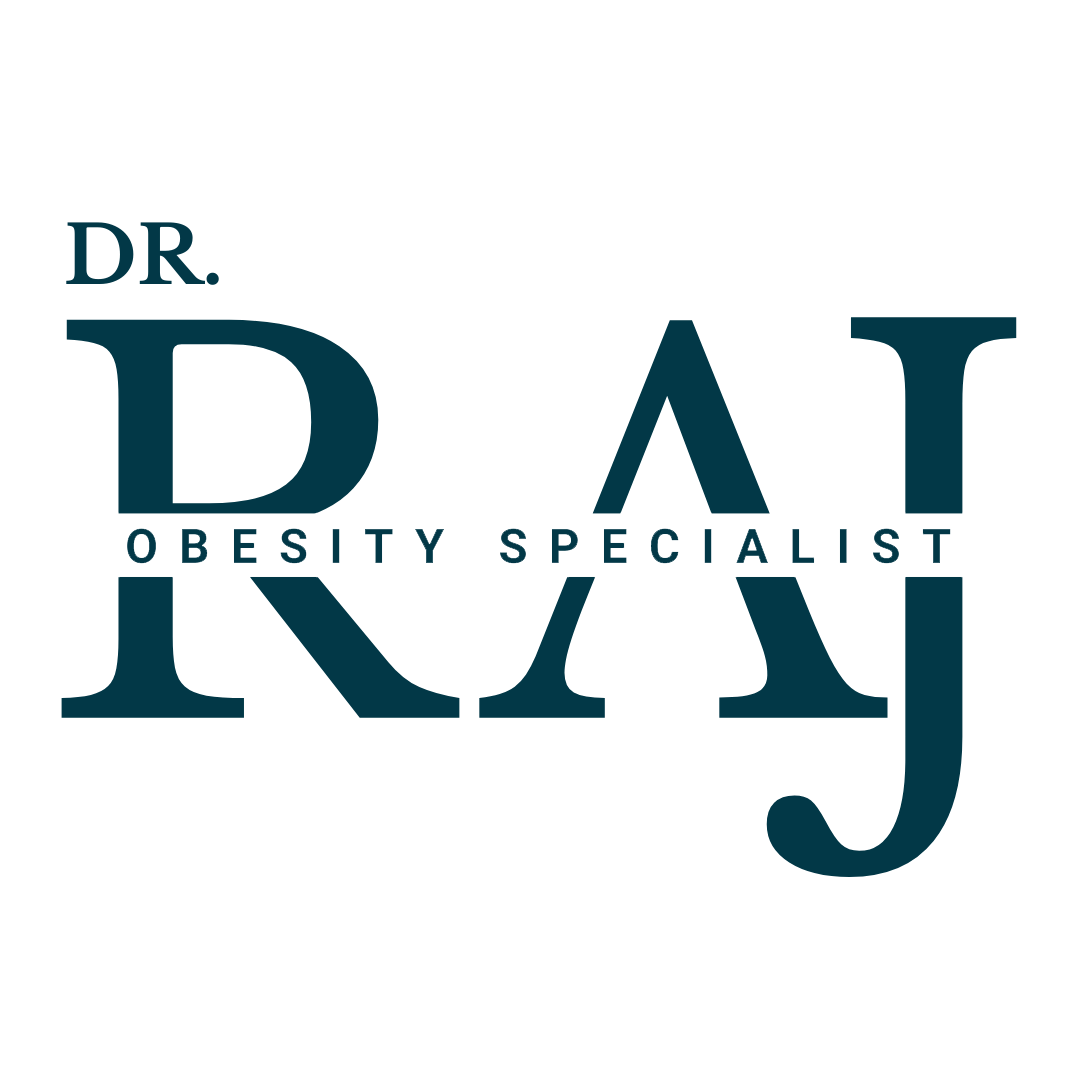Dr Chinnadorai Rajeswaran, consultant endocrinologist explains about overactive thyroid or thyrotoxicosis. Please email him, if you need more information
Thyrotoxicosis or Hyperthyroidism or Overactive thyroid is a condition when thyroid gland produces too much of thyroxine.
What are the symptoms of Overactive thyroid?
Symptoms of thyrotoxicosis vary from person to person. In some people symptoms may develop slowly. People with overactive thyroid may not experience all the symptoms.
The following are symptoms of hyperthyroidism:
- Restless
- Sweating and/or heat intolerance
- Nervous
- Emotional
- Irritable
- Tremors
- Weight Loss despite increased appetite
- Racing of the heart or palpitations
- Diarrhoea or increased frequency of bowels movements
- Tiredness
- Muscle weakness
- Goitre or swelling of the thyroid gland
- Thyroid eye problems in people with Graves’ disease
What happens if overactive thyroid is not treated? Below are mentioned some of the problems encountered:
- Atrial fibrillation
- Heart failure
- Angina
- Osteoporosis
- Excessive loss of weight
What are the causes of hyperthyroidism?
There are several reasons, why someone can have an overactive thyroid gland (hyperthyroidism or thyrotoxicosis). These include:
Graves’ disease: This is the most common cause for an overactive thyroid and is an autoimmune disease. Graves’ disease is usually seen in women between the ages of 20 to 50 years. There is usually a family history of a thyroid problem or any other auto immune problem like Addison’s disease, type 1 diabetes, rheumatoid arthritis, pernicious anaemia, vitiligo or myasthenia gravis.
Thyroid nodules: This is a less common cause of hyperthyroidism. Thyroid nodules are lumps which can develop in your thyroid gland. It is not clear why they develop. They are usually non-cancerous (benign) but contain abnormal thyroid tissue.
The abnormal thyroid tissue in your thyroid nodules does not respond to the normal controlling system which ensures that you make just the right amount of thyroxine. Therefore, if you have a thyroid nodule, you may make too much thyroxine.
- Sometimes only one nodule forms. This is called a toxic solitary adenoma. This most commonly occurs in people aged between 30 and 50 years.
- The thyroid may become generally lumpy or nodular. This most commonly occurs in older people and is called a toxic multinodular goitre.
Drug induced: Certain drugs like amiodarone can lead to excess thyroxine production.
There are various other rare conditions which result in excess thyroxine being made.
How is hyperthyroidism diagnosed?
Initially you will need a thyroid function test and other baseline tests. TSH or thyroid stimulating hormone is low or undetectable along with a high Free T4 and/or Free T3. You may also have antibodies checked for the thyroid.
A normal blood test will also rule it out if symptoms suggest that it may be a possible diagnosis. One or both of the following may be measured in a blood sample:
If, however your thyroid gland is enlarged and is causing problems like pain, difficulty in breathing or swallowing you will also be asked to have an ultrasound of thyroid gland.
What are the treatments for hyperthyroidism?
Aim of the treatment of an overactive thyroid gland (thyrotoxicosis) is to reduce the amount of thyroxine produced by your thyroid gland.
Treatment options include:
Medications
Commonly used anti thyroid medications which reduces the amount of thyroxine produced by the overactive thyroid gland are carbimazole and propylthiouracil.
Carbimazole is the preferred medication and is usually taken for 12 to 18 months. During the course of this medication regular follow up and blood tests are done.
If there is a flare up of overactive thyroid after completion of the course of carbimazole either the same medication is commenced or the thyroid specialist near you will advise you on radio iodine treatment or surgery.
Carbimazole is a safe tablet however it can cause side effects. Your thyroid specialist will warn you of the rare side effects and precautions to be taken whilst on carbimazole. If you have high temperature, sore throat or mouth ulcers, you should stop the tablet and follow the instructions provided by your specialist. Carbimazole can rarely reduce white cell count specifically neutrophils (Neutropenia). White cell fight against any infection. So, your doctor will ask you to have a full blood count done and if this is normal he/she will advise you to restart carbimazole.
Propylthiouracil is usually given instead of carbimazole if you are pregnant. Carbimazole is considered safe if you are breastfeeding. However, you should always seek guidance from your thyroid specialist if you are pregnant or breast feeding and also have regular follow up by a thyroid specialist near you and blood tests.
Beta-blockers are prescribed to reduce symptoms of tremor, palpitations or anxiety.
Sometimes it is difficult to adjust the dose of carbimazole as your thyroid may been underactive. In these circumstance some thyroid specialist may recommend a ‘block and replace’ regime, wherein you have both thyroxine and carbimazole.
Radio-iodine
This involves taking a drink, or swallowing a capsule, which contains radioactive iodine. As the radioactivity is concentrated in your thyroid gland, it destroys some thyroid tissue which reduces the amount of thyroxine that you make. The dose of radioactivity to the rest of your body is very low and is not dangerous.
Radio iodine treatment is not suitable if you are pregnant, breast-feeding or have active thyroid eye disease. Your thyroid specialist will advise you of the precautions to be taken after radio iodine treatment, including pregnancy and having contact with others. Women should avoid pregnancy for at least six months and similarly men are advised not to father children for at least four months after radio iodine treatment.
Surgery
This is usually considered if medications or radioactive iodine is ineffective or contraindicated.
Thyroid surgery involves removing part or whole of the thyroid gland depending on the size of the gland. This may also be an option if your thyroid gland is large and pressing on the nearby structures in the neck including food pipe or wind pipe.
Before you have thyroid surgery, you will be seen by an ENT specialist to ensure you do not have problems with your vocal cords. Thyroid surgery is usually safe however in very rare instances there can be damage to nerves supplying the vocal cords.
Follow-up:
Regular follow up with your thyroid specialist is important to ensure you are not developing any side effects, the medications are of the correct dose and also to ensure you have no recurrence. You should have regular follow up and blood tests even after the thyroid functions normally and the medications have been discontinued, as there is a chance of recurrence of overactive thyroid.
What is thyroid eye disease?
Some people who are going to have an overactive thyroid or whilst having overactive thyroid may develop thyroid eye disease. Most have minor symptoms, which includes redness, irritation of the eyes. If you have any of these symptoms you should see your thyroid specialist and an eye specialist. Some people may develop severe thyroid eye disease requiring either steroids, radiation treatment or surgery.
It is important not to smoke as this worsens thyroid eye disease. Contact your doctor immediately if you suspect thyroid eye disease.
Dr Chinnadorai Rajeswaran is a consultant Physician specialising in Endocrinology, Diabetes and Obesity. As a private endocrinologist he has private endocrine, diabetes and weight loss clinics in Harley Street, London, Chennai (India), Claremont Hospital, Sheffield, Nuffield Hospital, Leeds and Simplyweight, Bradford.
He has face to face consultations with people from Barnsley, Rotherham, Chesterfield, Doncaster, Wakefield, Huddersfield, Bradford, Harrogate, Leeds, Sheffield, London and Chennai (India). He also offers video consultations.



